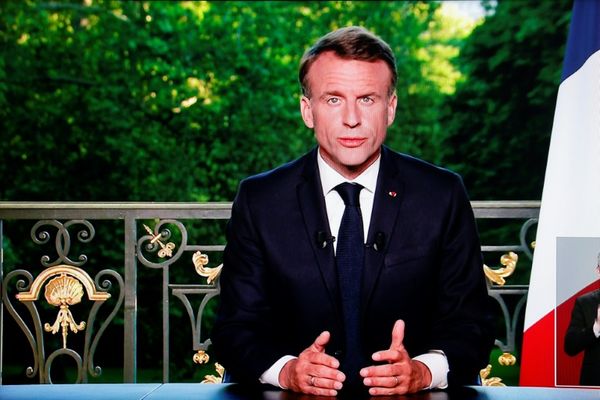
The UK government borrowed £11.8bn last month, almost twice as much as the Treasury’s independent forecaster had expected, as high inflation pushed interest payments to an August record.
The figures, from the Office for National Statistics, provide a difficult backdrop for the chancellor, Kwasi Kwarteng, before his mini-budget on Friday to address the cost of living crisis.
Government borrowing was £2.6bn less than in August 2021 but £6.5bn more than the same month in 2019 before the coronavirus pandemic.
The August deficit was almost double the £6bn predicted in March by the Office for Budget Responsibility (OBR), the fiscal watchdog, mainly because of an increase in government spending. It was also higher than the £8.8bn forecast by City economists.
The government spent more on debt interest as well as social benefits because of the payment of cost of living grants to low-income households.
Debt interest payable by the central government rose to £8.2bn last month, the highest figure for August since records began in 1997, because of the effect of high inflation, as measured by the retail prices index, on UK government bonds.
Markets are worried that Liz Truss’s package of support measures for households and businesses will push borrowing much higher, and force the Bank of England to raise interest rates aggressively. The Bank’s monetary policy committee is forecast to push up its base rate by at least 0.5 percentage points when it meets on Thursday.
Kwarteng said: “As chancellor, I have pledged to get debt down in the medium term. However, in the face of a major economic shock, it is absolutely right that the government takes action now to help families and businesses, just as we did during the pandemic.”
The figures came as businesses were given an emergency package of government support, including a cap halving the price paid for energy for six months from 1 October, to help them get through the winter. Truss has already announced that households’ energy bills will be capped for the next two winters at £2,500 for the average home, after prices soared as a result of Russia’s war in Ukraine.
The government’s tax take increased last month, pushing its receipts to almost £70bn, up £5.6bn compared with August last year but slightly below the OBR’s forecast.
Government borrowing ran close to the OBR’s forecast over the first five months of this fiscal year but the level of borrowing is likely to increase sharply from October, when support for household and business energy bills begins.
Capital Economics is forecasting that borrowing will hit £165bn, or 6.5% of GDP, in 2022-23, rather than the £99bn the OBR forecast.
Samuel Tombs, the chief UK economist at Pantheon Macroeconomics, said total borrowing this year “will be far higher, due to the new government’s fiscal activism. Admittedly, the loans to energy suppliers to facilitate the price freeze at £2,500 for the average household probably will boost debt but not borrowing, as they will be considered a financial transaction, involving the state acquiring an asset”.
The government is expected to set out its measures to help households on Friday in its mini-budget. Tombs added: “The real uncertainty surrounds whether the government will attempt to cut spending in order to part-fund these tax cuts, but with departments’ expenditure coming under pressure from rising wages and energy costs, the scope for efficiency savings is modest.”
Martin Beck, the chief economic adviser at the EY Item Club forecasting group, said: “The significant fall in wholesale energy prices recently indicates that the cap on bills should prove less costly than early estimates had suggested.
“Meanwhile, Friday’s fiscal event should also offer greater clarity around the new prime minister’s tax-cutting agenda. Tax cuts will add to borrowing, but reducing the extent to which the tax burden is forecast to grow should support activity and may boost the economy’s growth potential.”







